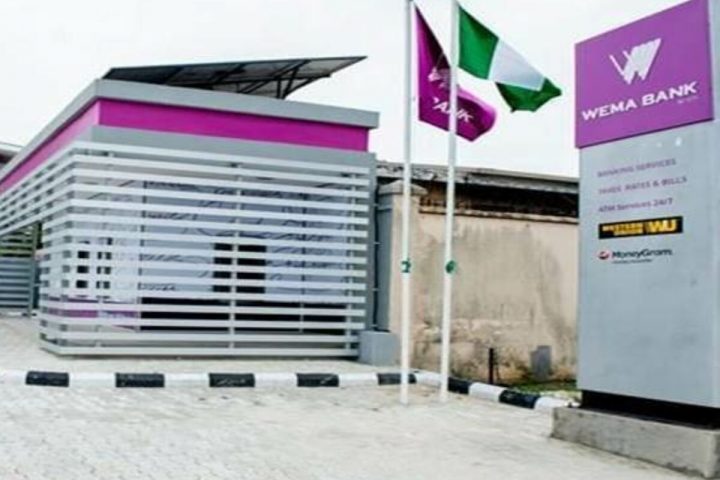In July 2023, Nigeria’s total crude oil production fell to 33.5 million barrels, resulting in about N249 billion or $320.4 million lost last month, worsening the Federal Government’s revenue problem in the oil industry.
Nigeria had pumped 37.5 million barrels of crude in June, but the figure depreciated by four million month-on-month, the Nigerian Upstream Petroleum Regulatory Commission (NUPRC) revealed.
Join our WhatsApp ChannelThe N249 billion is based on the World Bank’s $80.1/barrel average cost of Brent crude oil last month, as well as the N777.3/$1 spot exchange rate between the naira and the United States Dollar (USD).
Prime Business Africa notes that the volume of crude produced per day was 1.08 million barrels in July, down from 1.25 million barrels recorded in the month before. Last month’s record also fell below the 1.18 million barrels produced daily in May.
Meanwhile, during the same month in review, consumption of Premium Motor Spirit (PMS), also known as fuel, dropped by 19.95 per cent or 12.96 million litres in July.
The volume of fuel consumed by Nigerians dropped from 64.96 million litres per day in June to 52 million litres per day, as the hike in the cost of petrol and the removal of the PMS subsidy had adverse effects.
Recall that President Bola Tinubu declared on 29 May 2023, that his administration will stop subsidising fuel, to increase revenue, reduce dependence on debt and invest fuel subsidy fees to other critical sectors of the economy.
The removal of fuel subsidy led to pump prices rising from N189 per litre to N568-N600 across different states in Nigeria. This affected the purchasing power of Nigerians in July, as the policy kicked in fully.
Also, Tinubu had ended the fuel subsidy regime due to the smuggling of the product to other African countries, which is resulting in revenue loss for the Nigerian government.
Tinubu said Nigeria was subsidising fuel for other African nations that are receiving the smuggled fuel. He also opined that the subsidy regime is only favouring the rich in Nigeria and not the poor households.



















Follow Us